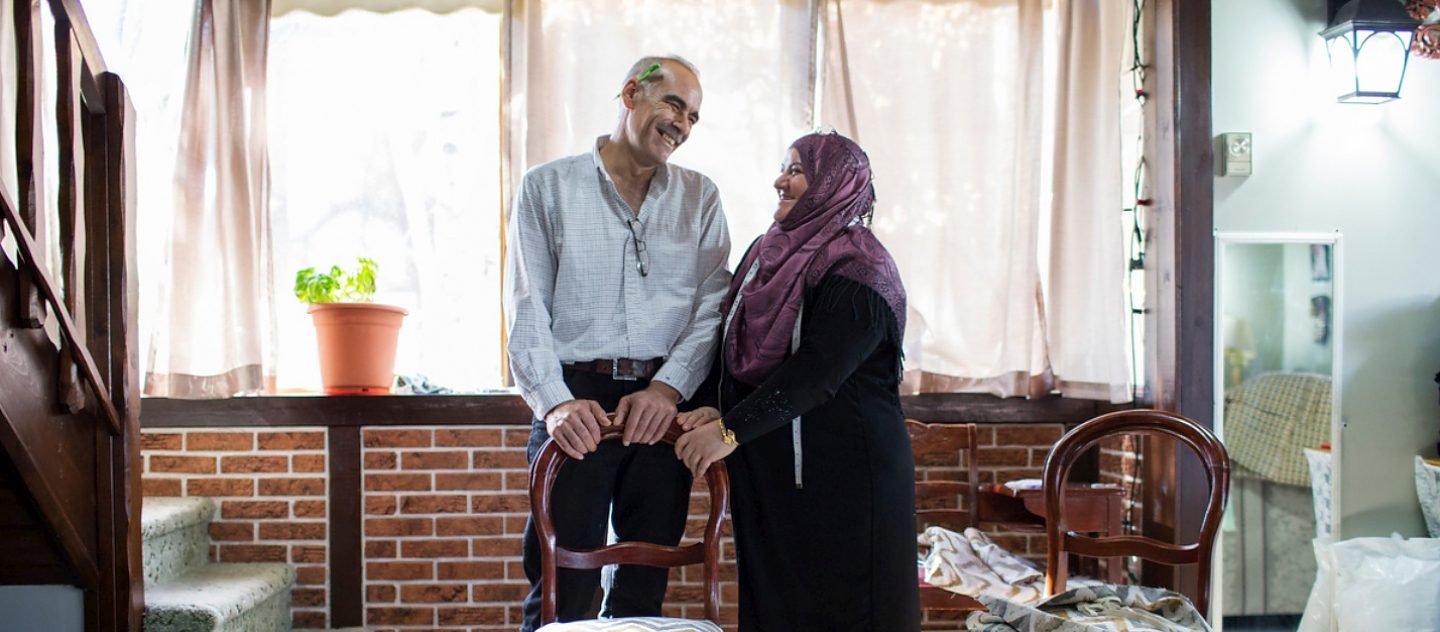Many refugees cannot go home because of continued conflict, wars and persecution. Many also live in perilous situations or have specific needs that cannot be addressed in the country where they have sought protection. In such circumstances, UNHCR helps resettle refugees to a third country.
Resettlement is a solution that enables refugees to move from their country of asylum to another country, where they will receive protection and assistance.
Recognition of refugee status does not necessarily mean that a refugee will be referred for resettlement. Resettlement is not a right. It is also not an application-based process. It is only available to a very small number of refugees. This is because very few resettlement places are available each year. They are therefore reserved for the most vulnerable cases, for refugees who are at risk in their country of asylum and are also without any prospects of a safe return to their country of origin. Less than 1% of all refugees around the world are resettled.
In recent years the United States has been the world’s top resettlement country, with Canada, Australia and the Nordic countries also providing a sizeable number of places annually. Resettlement States provide the refugee with legal and physical protection, including access to civil, political, economic, social and cultural rights similar to those enjoyed by nationals.
In Turkey, UNHCR works in collaboration with Turkey’s Directorate General of Migration Management (DGMM) to identify the most vulnerable cases to see if the individuals would be eligible for resettlement processing. The final decisions with regards to resettlement are taken by the receiving countries and not UNHCR.

